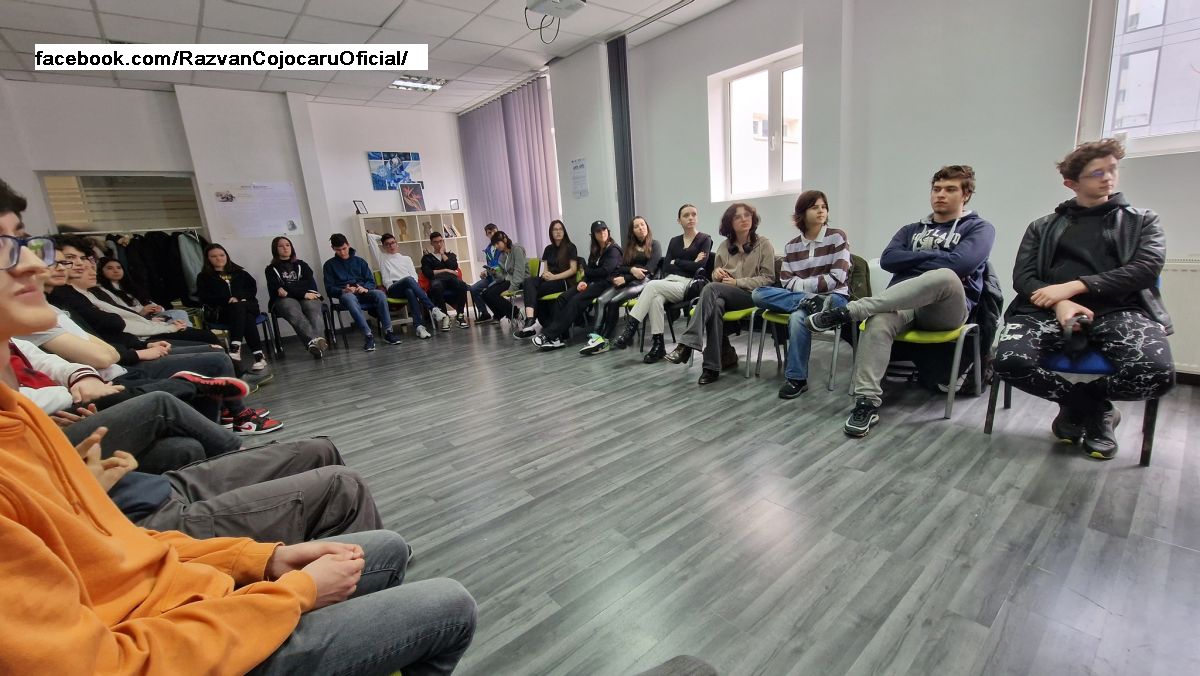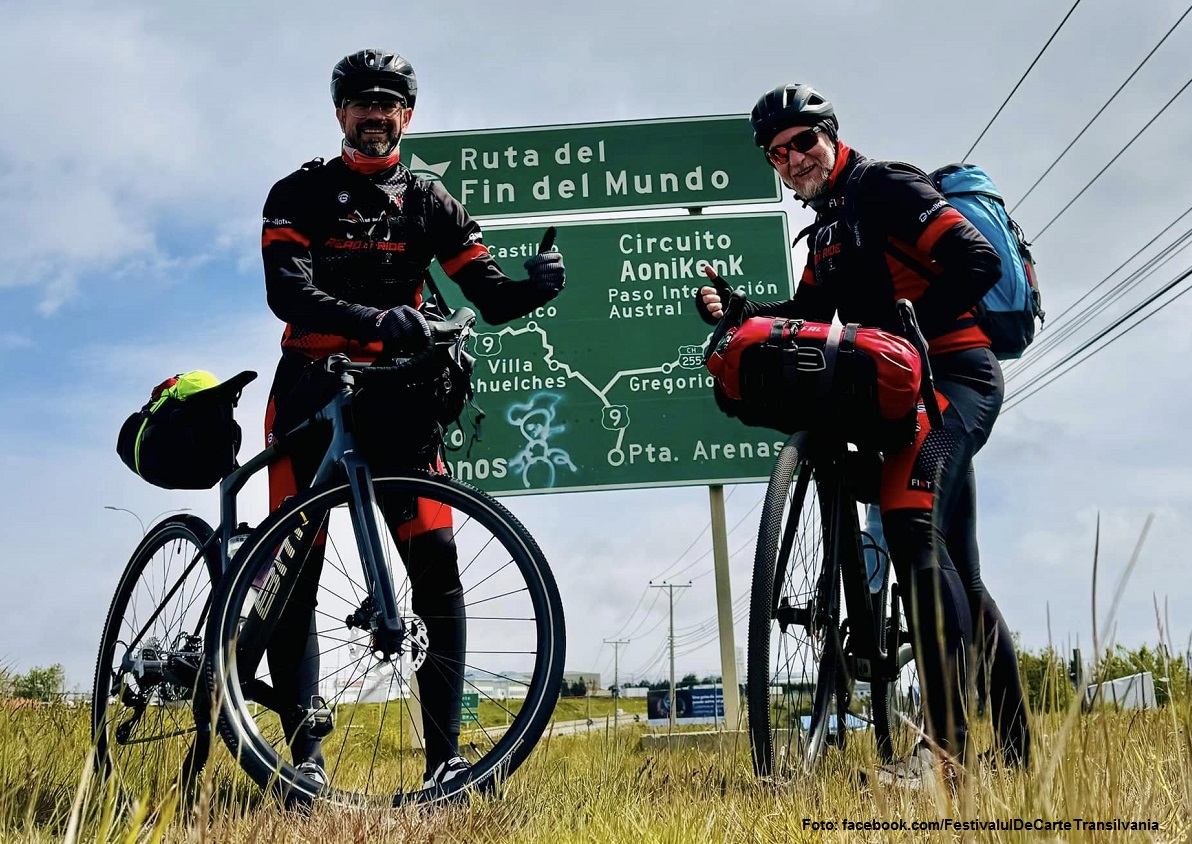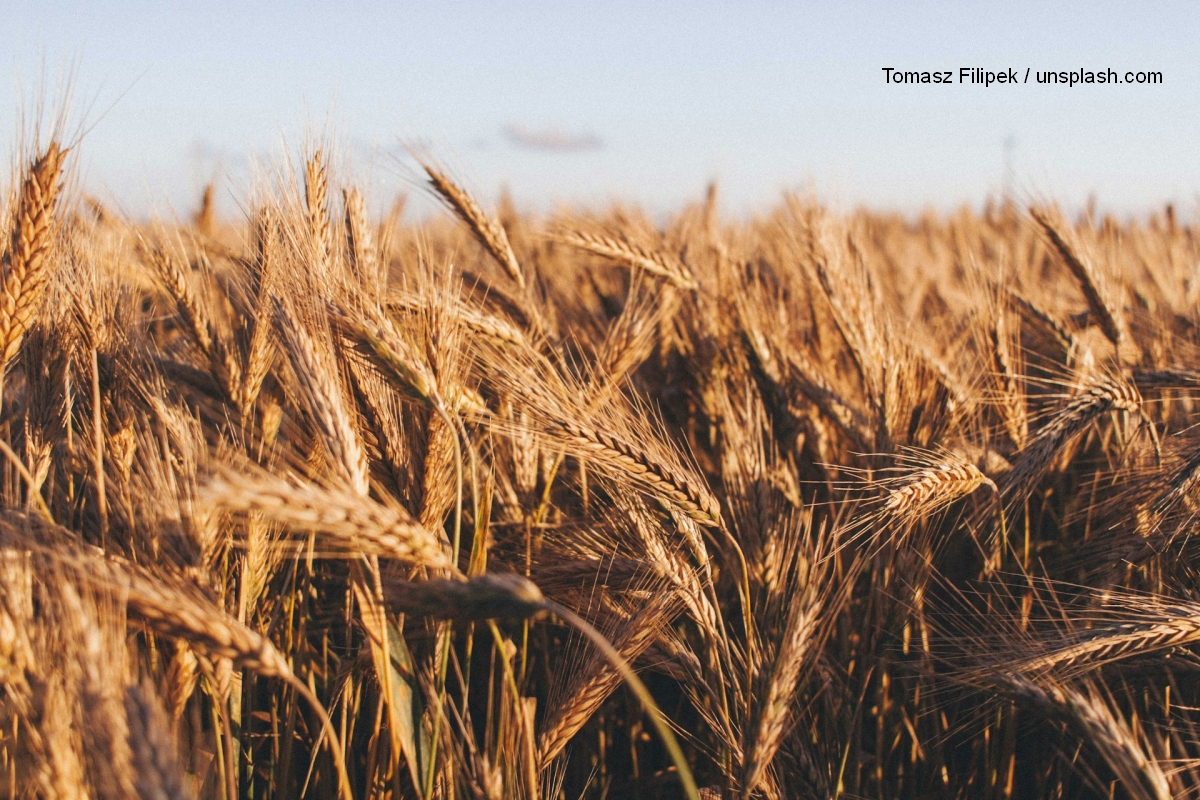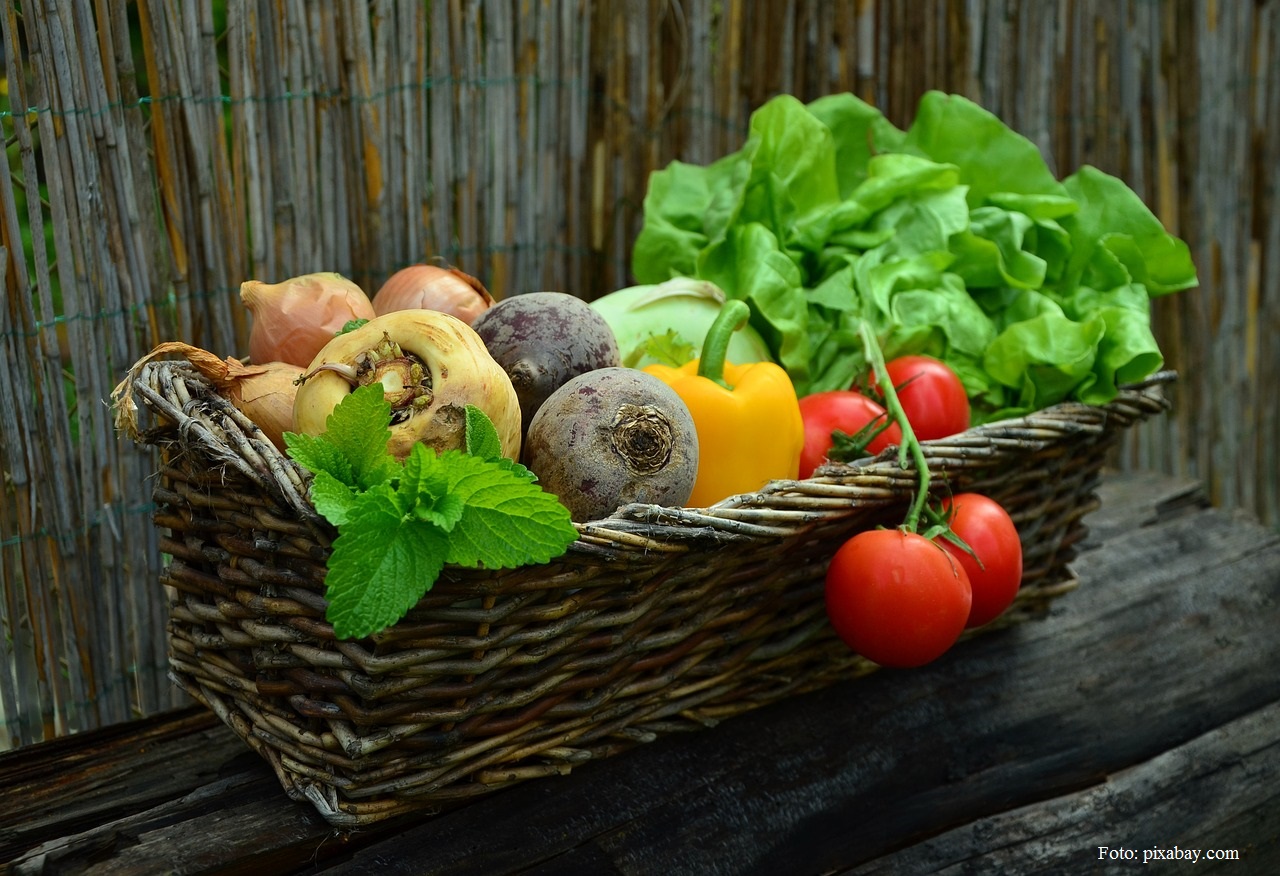Traditions that last
Traditionally, Christian celebrations have often overlapped with archaic feasts
Warning: Trying to access array offset on null in /home/web/rri.ro/public/wp-content/themes/rri/template-parts/content.php on line 53
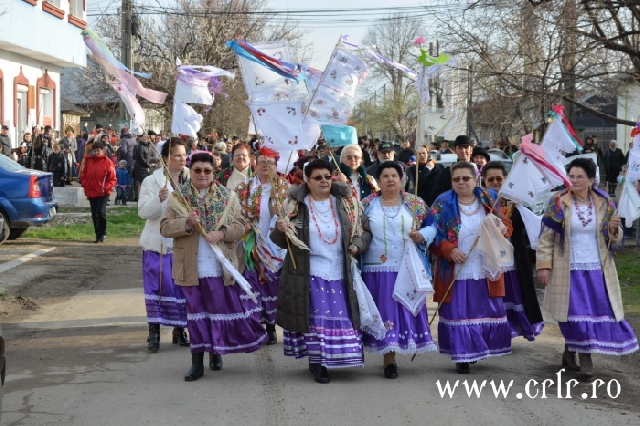
Warning: Trying to access array offset on null in /home/web/rri.ro/public/wp-content/themes/rri/template-parts/content.php on line 98
Ana-Maria Cononovici,
27.07.2021, 14:00
Traditionally, Christian celebrations have often overlapped with archaic feasts. Shrovetide, for instance, is marked in several communities by various types of celebration, some inherited from times immemorial.
Not far from Bucharest, in Branesti, people celebrate Cuckoos Day, an old tradition passed down from one generation to another, but which has been affected by modernization in the past years, as Marius Ovidiu Sebe, the head of the Branesti Cultural Association told us:
In 2013 a partnership was created between the important institutions in the locality, with the aim of saving tradition. More specifically, we wanted to involve the education units and prepare the so called ‘cuckoo nests to participate in a traditional festival, in order to resuscitate old customs and traditions, which had been dying in the past years. This year we’ve been hit hard by the pandemic, and traditional events and celebrations have been affected as well. Last year we barely managed to hold the festival, on March 2nd, just before the lockdown. It was not easy, because the number of cases was already going up, but in the end we got the right papers allowing us to hold the festival. We also had guests from abroad and I could say that was an extraordinary edition. This year it’s been more difficult, because of the restrictions. On Monday, the first day after the day when Christian orthodox stop eating meat, then cheese and eggs, before Lent, the streets were empty, except for just a few ‘Cuckoos’. It was just one group that marched the village, by observing all protection measures. They wore masks and managed to carry through the ritual. Last year there were hundreds of ‘Cuckoos’ on the village’s street.
This year’s celebration was a good opportunity to move the discussion on tradition online, so a symposium was held, which stands very good chances of becoming tradition itself.
Marius Ovidiu Sebe told us what these ‘Cuckoos’ really are:
Cuckoos are young men who have just got married. They get dressed in women’s clothes, including a bell belt around their waist, a mask on the face and a headscarf. They also hold a stick and run along the main streets of the village to cast evil spirits away and shake hands with the ones they meet in the street, which bring the latter good health all year round. This is part of a set of customs that are observed before Lent, including the forgiveness and the Cuckoos’ days, which are actually ancient, ancestral customs, relating to the passing into the new vegetal year.
In Enisala, in the region of Dobrogea, the Lipovan Russians too mark the start of the Lent with specific customs. The villages of Sarichioi and Jurilovca celebrate near the Enisala fortress Forgiveness Day, the last day in the week when believers are allowed to eat milk and cheese, which announces the beginning of Lent. Here is Catalin Tibuleac, the president of the Danube Delta Management Association with more:
This first celebration organized in collaboration between the townhalls of Sarichioi and Jurilovca was marked this year by the health safety measures. But even so, this Forgiveness Day was a reason for joy, for celebration, a reason for the two largest Lipovan communities in the Danube Delta to meet. Normally, the two representative ensembles from the two villages gathered near the fortress of Enisala to celebrate Maslenitsa and mark the end of winter and the coming of spring. This celebration is also known as the Pancake Fest, as usually cheese pancakes are made on this day. Every year, the Lipovans celebrate the coming of spring in the same way, just as they celebrate the last day before Lent, Maslenitsa. On this day people ask for forgiveness from those they’ve harmed in any way or not, and it’s a reason for joy. People sing, dance, celebrate and meet with their families. The traditional costumes are full of colour. Women wear beautiful dresses with floral patterns and men are dressed in spectacular costumes. Traditional music is also very beautiful.
The 14 minorities living in the Danube Delta area are very much focused on preserving old customs and traditions, as Catalin Tibuleac told us. It’s another good reason to visit these communities, although these days restrictions make it more difficult.
This year, because of the pandemic and the measures in place, it’s been difficult to hold our traditional celebrations. That is why the meeting between the two traditional groups from Sarichioi and Jurilovca was made online, with a recording from each party. We hope that next year we will be able to organize it properly and have both direct and online participants in this beautiful event. We invite all who want to see a beautiful way of passing from winter into spring and also start the tourist season. We invite all those who love nature and the Danube Delta in particular to come and visit us. (MI)

